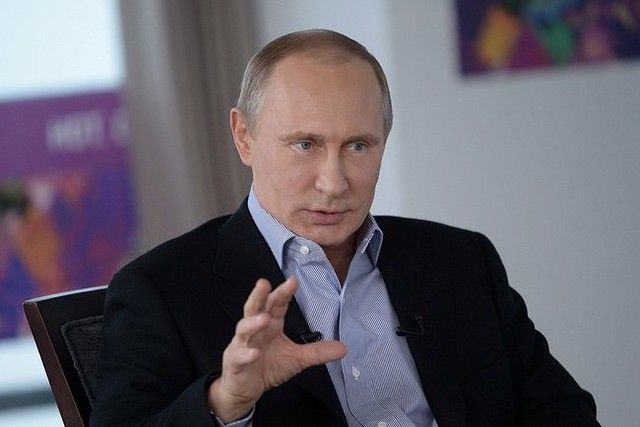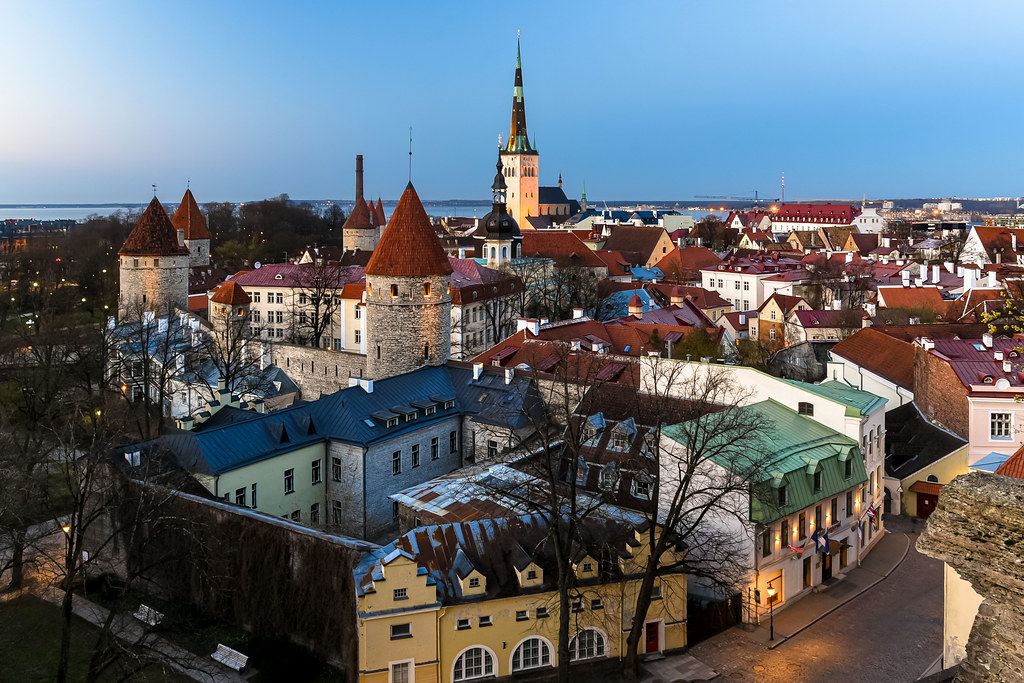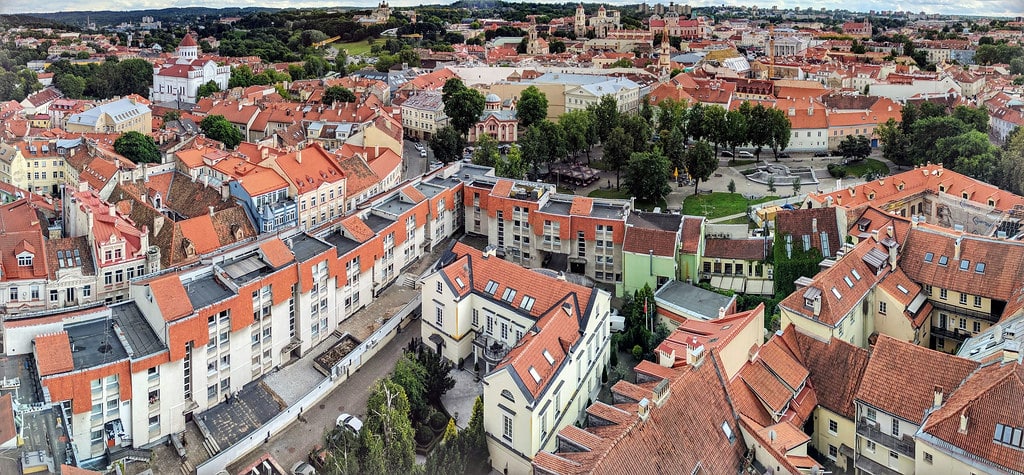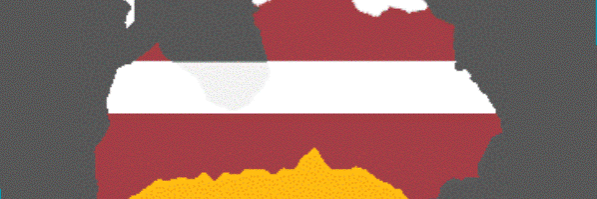The eyes of the world are firmly placed on the Russian invasion of Ukraine but none more so than the Baltic states who are yet to know their position in the current conflict.
Ukrainian President Volodymyr Zelenskyy recently stated, “If we are no more then, God forbid, Latvia, Lithuania, Estonia will be next?”
In response to a similar statement made by UK Foreign Minister Liz Truss, Russian Foreign Minister Sergey Lavrov rebutted “We have never said that we will have plans for NATO member countries”.
Twice, the Baltics have been under control of the Russians as a part of the Russian Empire and subsequent Soviet Union. Joining NATO in 2002 was their way of politically distancing themselves from the Russian regime but with a geographic location that acts as a gateway into western Europe, there may be cause for concern, or so the media heavily reports.

Russian ideal of compatriotism
Something the media has reported on is the idea of compatriotism, or more so focused on the idea of “Russkiy Mur” or the “Russian world”. Political History expert at the University of Helsinki Una Bergmane detailed in a report called “Fading Russian Influence in the Baltic States” how this concept works.
In the report she describes it as a “nationalist concept that claims the existence of an imagined Russian-speaking community, scattered around the post-Soviet space, united by a heroic past, orthodox faith, and language”.
From this comes this idea of compatriotism and that Russia has a duty to protect their compatriots no matter how far removed they may actually be. Lecturer of International Relations at the School of Governance at Tallin University in Estonia Catlyn Kirna suggested to NewsCop that the Baltics close proximity to Russia may pose a threat, based on this idea.
“The territorial aspect does apply, re-establishing the Soviet Union… is their goal,” she said.
“Estonia and Latvia also have a significant Russian speaking minority (though, many of them are Ukrainians, for example) and Russia sometimes refers to the need of taking the Russians back under the Russian umbrella, whether they want to or not (they mostly do not).”
Talking with NewsCop, Professor of Comparative Politics at the University of Tartu in Estonia Piret Ehin alluded to the idea that although his compatriot ideal is strong, a robust connection to Ukraine in various ways gives reason to carrying out action, something he is unlikely to do in the Baltics.
“Ukraine is much more central to Putin’s imperialist project than the Baltic states are because of historical and cultural ties, as well as size,“ she said.
“These three Baltic states were always culturally different and more Western – including during the period of Soviet occupation.
“Estonian, Latvian and Lithuanian are not Slavic languages, and the three countries have been ruled by various European powers over the course of centuries.
“Ukraine’s post-Soviet development has been much less linear than that of the Baltic states – 30 years after the collapse of the USSR, it is not a member of the EU or NATO.“

NATO- a saving grace
As members of NATO since 2002, the Baltics have moved their ideals and politics to a western lifestyle. This alliance brings a safe house effect to these countries as if they were to be attacked, members of NATO would by the agreement, come to their aid.
For some time, Ukraine has tried to gain membership with NATO in an effort to amass a protection that would indeed be of worry to Putin but the strong connection Russia feels to Ukraine and current war has halted this effort.
In a conversation with NewsCop, Dr Mohsen Solhdoost, a Lecturer of International Relations at The University of Queensland mentioned that the Baltic alliance with NATO will most likely prevent Putin from invading.
“Based on the principle of collective defence, enshrined in Article 5 of the treaty, an attack against any member [of NATO] is considered as an attack against all allies,” he said.
“That’s why I believe Putin is not going to attack the Baltic states as it is almost certain he has no intentions to start a war with NATO at this stage.”
Echoing his sentiment was Professor Ehin who said that “further escalation is possible but Russia directly attacking NATO members remains unlikely.” However, Ms Kirna offered a different viewpoint and instead mentioned that the threat of Russia on the Baltics would be “fully dependant on how strong NATO seems to Russia and how much NATO confirms they are with the Baltics.”

What’s next for Ukraine and Russia?
Some experts may argue that the Baltics will know what is in store for them once the current war has some kind of result. NewsCop talked to Senior Lecturer of Politics and International Relations at Australian National University (ANU) Dr Charles Miller about a range of Ukrainian-Russian issues in which he mentioned how the current war might play out.
“I think that the war will then essentially revolve around the question of who cracks first – the main Ukrainian cities under Russian bombardment, or Russia under sanctions. It’s hard to say for sure.
“After that, however, I think in the long run Russia cannot win if its goal is to incorporate Ukraine into the Russian Federation or to install a Belarus-like puppet regime.
“The Ukrainian people are clearly against either outcome and the Russians simply do not have the resources to be able to win a prolonged insurgency campaign.
“This war is likely to last a long time, even if the conventional phase ends soon, and to involve substantial human suffering.”






Outstanding article on Russia and the Baltics.
Well done.